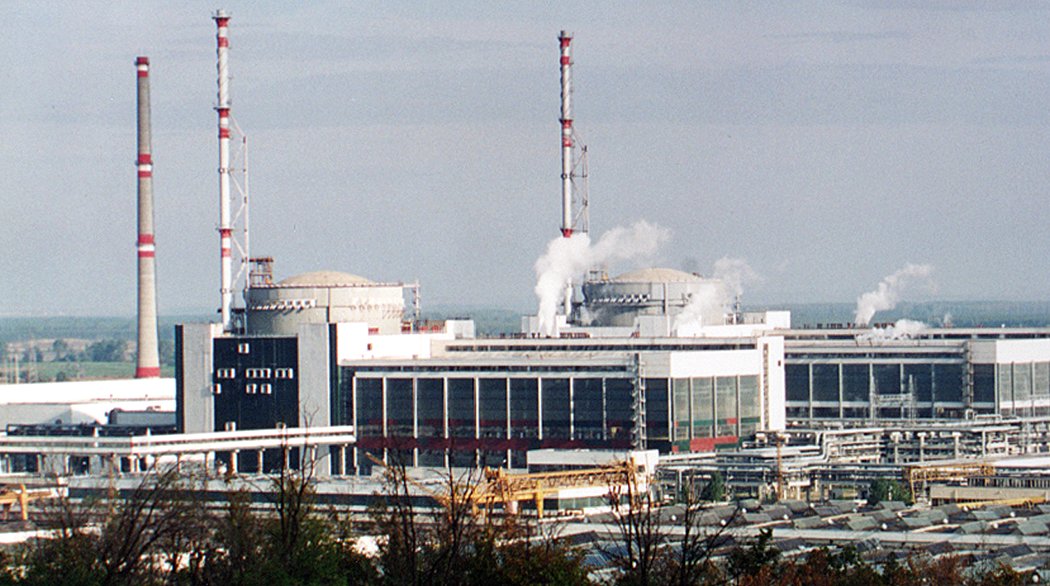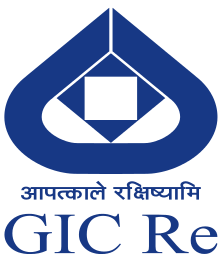
Blog
-
Geiger Readings for January 12, 2014
Ambient office = 135 nanosieverts per hourAmbient outside = 116 nanosieverts per hourSoil exposed to rain water = 112 nanosieverts per hourRomaine lettuce from Central Market = 106 nanosieverts per hourTap water = 79 nanosieverts per hourFiltered water = 72 nanosieverts per hour -
Geiger Readings for January 11, 2014
Ambient office = 106 nanosieverts per hourAmbient outside = 72 nanosieverts per hourSoil exposed to rain water = 96 nanosieverts per hourCelery from Costco = 117 nanosieverts per hourTap water = 81 nanosieverts per hourFiltered water = 76 nanosieverts per hour -
Geiger Readings for January 10, 2014
Ambient office = 75 nanosieverts per hourAmbient outside = 80 nanosieverts per hourSoil exposed to rain water = 87 nanosieverts per hourRed seedless grapes from Costco = 116 nanosieverts per hourTap water = 116 nanosieverts per hourFiltered water = 105 nanosieverts per hourPacific Cod – Caught in USA = 60 nanosieverts per hour -
Nuclear Reactors 195 – Bulgaria Wants New Westinghouse AP-1000 Nuclear Power Reactor
If nuclear power were just a matter of designing a safe, efficient nuclear reactor, then it might be a good choice for a source of power. Unfortunately, there are many other factors that play a role in the implementation of nuclear power. Economic, environmental, health, political, social and other factors relating to nuclear power must be assessed. The Westinghouse Electric Company’s AP-1000 is advertised as being one of the safest nuclear power reactors ever developed. While this is a great selling point for the AP-1000, there are other issues in the real world that it has to confront.
Bulgaria is a small country in Eastern Europe on sits on the Black Sea. It was a part of the old Soviet Union. The Kozlodui nuclear power plant was opened in 1974 and was the first nuclear power plant in the Soviet Union outside of Russia. The Bulgarians are proud of Kozlodui and many in Bulgaria would like to find a way to keep it open. Critics say that the additional electricity is not needed and that Bulgaria would be wiser to improve their existing electricity infrastructure and efficiency of their industries.
When Bulgaria petitioned to join the European Union in 2007, one of the conditions was that it shut down four aging Russian reactors at the Kozlodui nuclear power plant. The two remaining old reactors at the plant will reach the end of their licensed lifespan in the next decade. The supply of electricity in Bulgaria is politically sensitive and the price of electricity was one of the reasons that a previous government was overthrown there in 2013.
Recently, Russia has been belligerent and aggressive in Eastern Europe. It annexed the Crimea from nearby Ukraine and is involved in supporting rebels in Eastern Ukraine. Other Eastern European countries such as neighboring Romania, Belarus, Lithuania and Estonia are very concerned about the Russians. They have substantial Russian minorities which might form spearheads for Russian aggression against them. All these countries have to deal with the reality of being in the middle of rising tensions between NATO and Russia.
Russia is dedicating a lot of resources to the development of nuclear power reactors and nuclear fuel for export. There is already a war of words between Russia and the U.S./Japanese Westinghouse over the supply of nuclear fuel to Ukrainian reactors. Russia built the current Ukrainian reactors and supplied fuel for them. When Ukraine tried to use Westinghouse fuel rods in one of the Russian reactors, there were serious technical problems. Westinghouse claims that they have solved the problems and Russia expresses skepticism and says that using Westinghouse fuel rods in the Ukrainian reactors will be dangerous. Russia is competing with other nuclear technology exporting countries for the reactor business in countries without their own nuclear technology.
Russia was going to build the South Stream natural gas pipeline to supply Bulgaria, Serbia, Hungary, Austria and Italy. Work was underway when the U.S. and the E.U. managed to force Bulgaria to stop construction on the pipeline in June of 2014 because it was claimed that the pipeline was monopolistic. Russia was so angered by that development, that it officially cancelled the project in December of 2014, blaming Bulgaria. This was a serious blow to the current pro-Western regime in Bulgaria.
Bulgaria is walking a tightrope between two antagonistic major world powers. They hope to balance Russian energy projects with Western energy projects to keep everyone happy. Westinghouse and Bulgaria have been discussing the construction of an AP-1000 nuclear power reactor lately. Bulgaria says that major western investors such as Citibank are eager to finance the deal but they have not given any details. The Bulgaria government is short of funds and has just had its credit rating changed to “junk.” Will Bulgaria get a Westinghouse reactor or will it be a casualty of international economic conflict like the abandoned South Stream natural gas pipeline?
Bulgarian Kozlodui nuclear power plant:
-
Geiger Readings for January 09, 2014
Ambient office = 67 nanosieverts per hourAmbient outside = 101 nanosieverts per hourSoil exposed to rain water = 67 nanosieverts per hourRed seedless grapes from Costco = 91 nanosieverts per hourTap water = 87 nanosieverts per hourFiltered water = 79 nanosieverts per hour -
Nuclear Reactors 194 – India Nuclear Power Expansion is Being Blocked by Nuclear Liability Law
India is having problems with foreign nuclear technology providers because a controversial 2010 nuclear liability law. The law states that nuclear equipment suppliers are liable for damages caused by nuclear accidents. Since the 1950s when the United States was the only exporter of nuclear technology, the international standard with respect to liability has targeted the operators of nuclear power plants and not companies that provided the technology for nuclear power plants.
India’s 2010 law was ultimately based on the Indian response to the Bhopal poison gas disaster in 1984. Bhopal is considered to be the world’s deadliest industrial accident. Union Carbide owned the plant where the accident took place and families of victims are still after Union Carbide for compensation. Estimates of the number of deaths caused by the accident vary from two to four thousand with forty thousand people seriously injured.
In 2008, the U.S. and India signed an agreement on nuclear cooperation. The 2010 Indian liability law has basically been blocking major nuclear technology suppliers, including the U.S., from shipping nuclear technology to India which has serious power supply problems and wants to increase their nuclear power by thirteen times its current level.
GE-Hitachi, Westinghouse Electric Company and France’s Areva have received authorization to build two reactors each in India. Although the deals were signed years ago, no construction has yet taken place partly because of the Indian liability law. Even Indian manufactures of nuclear technology are afraid to sell equipment to the Indian government because they are concerned about being held liable in case of a nuclear accident.
Now a reinsurer called GIC Re that is run by the Indian government is developing a proposal for a “nuclear insurance pool.” This proposal would indemnify nuclear technology suppliers against any liability in case of an accident. Companies supplying equipment to construct Indian reactors would buy insurance from the pool and then pass the charges along to the purchasers of the equipment. An alternative proposal suggests that the Indian Nuclear Power Corporation of India could buy insurance for nuclear technology suppliers. These proposal could be implemented more quickly and easily than trying to change the 2010 law. Major suppliers of nuclear technology are cautiously optimistic but say that they need to see more of the specifics of the proposals which are still in development.
In December of 2014, Vladimir Putin, President of Russia, visited India. One of the major topics for discussion was a proposal for Russia to supply India with a dozen nuclear reactors in the next two decades. There are already two Russian built nuclear reactors in India. An Indian nuclear affairs expert said that Russia seems to believe that it can construct the promised reactors under the existing liability laws without any problems. Russia intends to make export of nuclear technology and fuel a major part of its plans for international trade.
India would be better served by investing in renewable energy sources, conservation and efficiency instead of building more nuclear reactors.
General Insurance Corporation of India:






